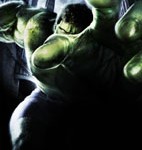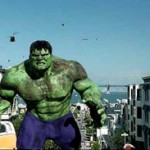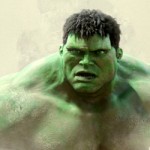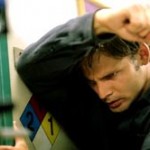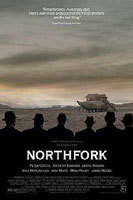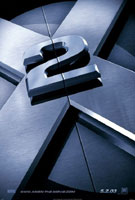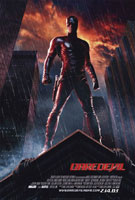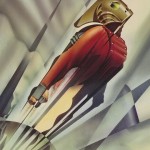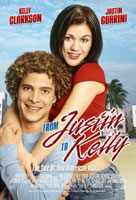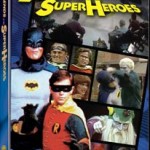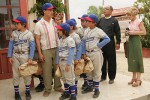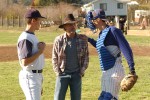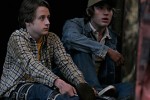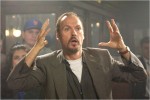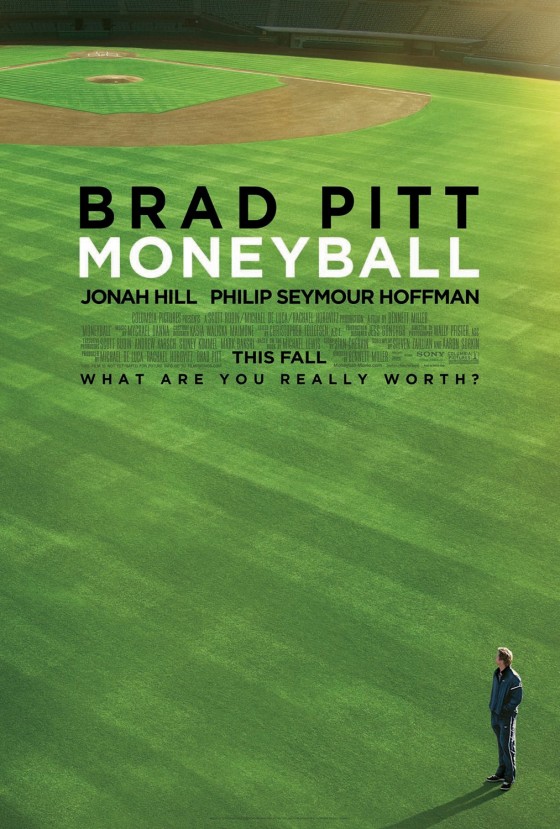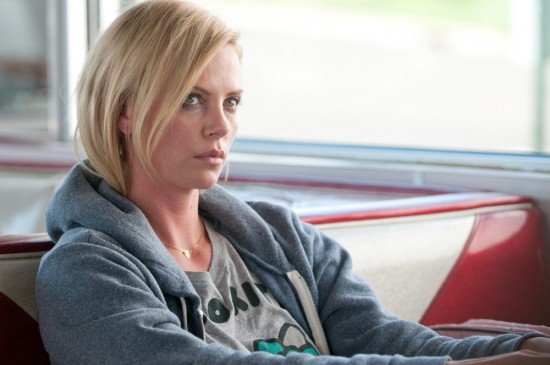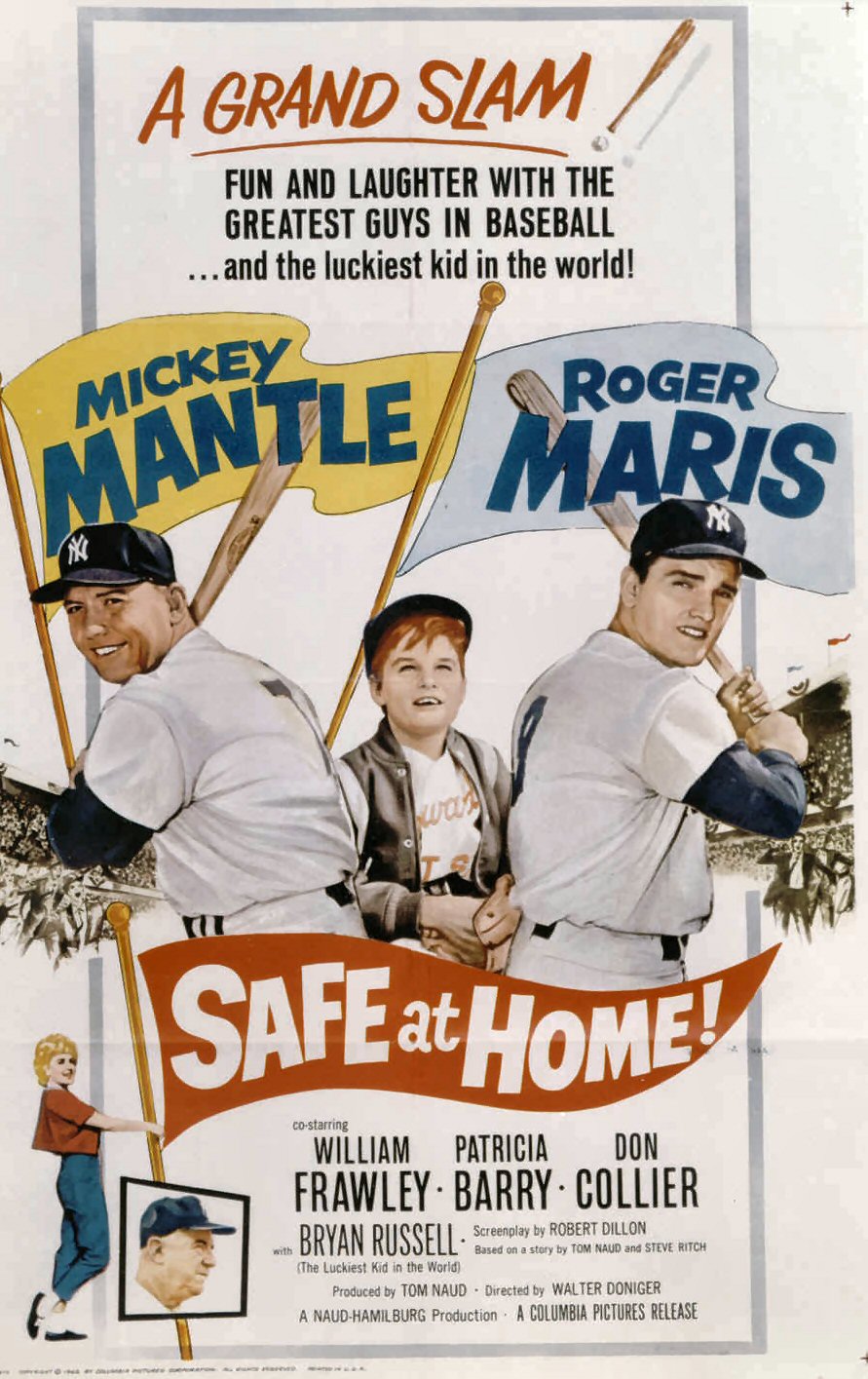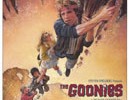Don’t let the previews fool you. Hulk isn’t your typical comic book movie. It’s not a disposable blockbuster either. These are both good things. Rather than following the pack and opting for the leotard and fighting approach to the fast over-saturated comic genre, director Ang Lee opts for something a little more.
Part messed up genetics, part nuclear accident, the Hulk is Bruce Banner’s (Eric Bana) Mr. Hyde. Bruce has spent a lifetime building up all kinds of rage and resentment. He can’t quite put a thumb on the reason but if you know anything about foreshadowing you can probably figure out it has something to do with the film’s frequent flashbacks and Bruce’s regular nightmares. Bruce works as a nuclear scientist researching ways to speed up the healing process. The office is a little awkward now that he’s broken up with his lab assistant, Betty Ross (Jennifer Connelly). When Bruce falls victim to his own experiment it triggers the beast that lies within him, the Hulk. When the US military gets wind of this, they want to see if the monster can help them with their attempts at making the world a better place. Add to the soap opera Bruce’s returning father (Nick Nolte), whom Bruce thought was dead. The senior Banner has a few secrets of his own to add to the melodramatic mix.
Ever since the first preview with the Hulk surfaced, there has been much debate over the green guy’s look. For the most part it works. Lee opts for realism but it seems as though he understands the restraints of the technology. Like any good director, Lee uses creative solutions to help hide some of these limitations. The best looking scenes with the monstrous Hulk in them are often set at night where the darkness can help mask some of the Hulk’s facial details. Other times his face is obscured by various objects. There is never any doubt that the Hulk is a mix of bits and bytes, yet at the same time his cartoonish looks come across much better on the big screen than they did in the previews.
Perhaps it’s unfair to lump Hulk together with the likes of Daredevil, X2, Spider-man and the rest of the traditional super hero lot. Other than coming from the pages of a ‘funny book,’ the Hulk is more a monster story than a crime fighting machine. This is the approach Lee takes. As a giant, green, gamma-induced genetic freak it’s impossible for humanity to understand such a beast (unless you’re the female love interest with gorgeous eyes). Of course we’re going to poke and prod at it in the glorious name of science. And if Big Ugly doesn’t like it, we’ll shoot at him in the name of mankind. So there you have it – the insensitive world vying to wipe out ‘the other’. But don’t worry because there’s no Communist metaphors going on.
Both Spider-man and Daredevil acknowledged their comic roots through little things like short character cameos and names of comic creators worked into the script. Nods such as these show that there has been some apprehension in the past to let everyone know that funny books still exist, not that it’s something to be ashamed of. Lee uses an intriguing editing technique throughout Hulk that not only pays homage to the comic page, it adds to the film’s overall style. Split-screens are nothing new but the way Lee shifts them around, mixes in several quick screen wipes and seamlessly blends transitions, he brings the comic page to life.
So what exactly is Lee doing with Hulk? Although there’s lots of Hulk smashing, there’s something more beneath the surface. Lee and his team of writers get behind the beast. More specifically they try to explore the notion of rage. Everywhere you look today somebody’s mad. There was a war in the Middle East that divided the world; corporate book cooking has wiped out life savings and led to massive layoffs; people are beating one another up so they can lay claim to a Barry Bonds home run ball. Ever since the beginning of cinema the movie theatre has been an escape from the madness of everyday life. For 90 minutes we can suppress our frustrations. In Hulk, Lee reminds us that it’s all right to let off a little steam every now and again. It’s a lot safer than letting it all out at once. We’re now reaping the results of the anger we’ve pent up over the last couple of years. While I don’t set out to make a 9/11 read of every piece of media I consume, it is one of the single most events that set the world into a panic. Once the panic began to subside, we started to ask why it happened. And when nobody could answer, that’s where the anger built up. As soothing as printing the faces of suspected terrorists on rolls of toilet paper and decks of cards may seem, it doesn’t confront any of the strong feelings many felt and still feel today.
Hulk is Lee’s statement that we all need to cry sometimes, to let it all out. Otherwise things build and build to the point where there’s chaos and more anger. It’s a ripple that has no clear end and it’s a ripple that the world on a whole is still trying to deal with. This wasn’t what I was expecting heading into Hulk but I sure didn’t mind the entertaining dose of therapy.
Hulk Gallery
Trailer
